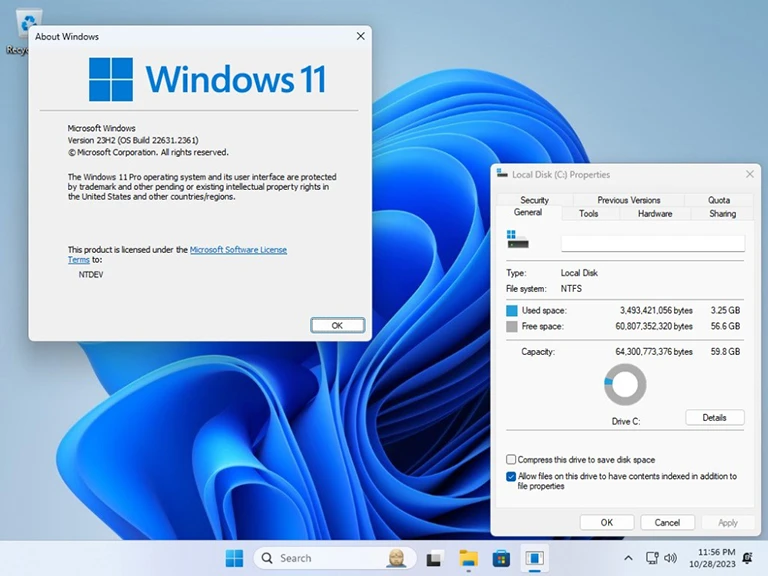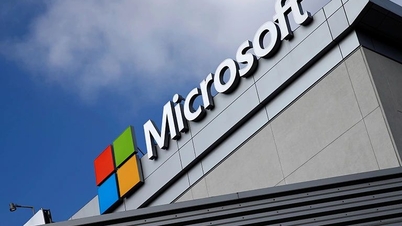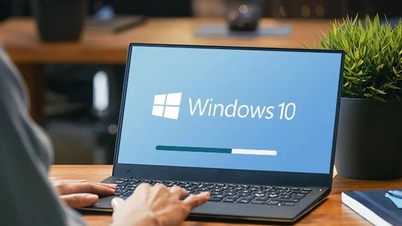According to Tom's Hardware , NTDev stated that one of the key adjustments to Tiny11 Core is minimizing the disk space occupied by Windows 11 using the LZX compression algorithm. While a regular Windows 11 installation can take up over 20 GB of hard drive space before adding any essential apps and games, that's about six times larger than Tiny11 Core.

Tiny11 Core is developed based on the Windows 11 Pro version but removes much of the bloatware to reduce its storage space.
This is significantly more compact than the previous Tiny11 version, which occupied approximately 8 GB of disk space after installation. Thanks to the Windows 10+ CompactOS feature, it can compress operating system files using the LZX algorithm, allowing for quick decompression on demand. Additionally, NTDev made significant changes to reduce the operating system disk space for Tiny11 Core, as it affects the Windows Component Store (WinSxS), Windows Defender, Recovery Agent, Microsoft Edge, and Windows Update. Therefore, Tiny11 Core has “limited security.”
With the limitations mentioned, NTDEV emphasizes that Tiny11 Core is not a replacement for Windows 11 or even Tiny11. Instead, it is designed to be “a quick and easy development or testing platform.” To this end, Tiny11 Core still provides components to run most applications designed for Windows because .NET 3.5 is enabled.
Users can download Tiny11 Core from the developer's website, which provides some installation instructions, lists known issues, and asks for user feedback on its beta version. Downloading Tiny11 Core shouldn't take too long, as its ISO installation file only takes up about 2 GB.
Source link











































































![[Photo] Closing Ceremony of the 15th Conference of the Central Committee of the 13th Party Congress](https://vphoto.vietnam.vn/thumb/402x226/vietnam/resource/IMAGE/2025/12/23/1766462841764_a1-bnd-3731-1647-jpg.webp)


































Comment (0)